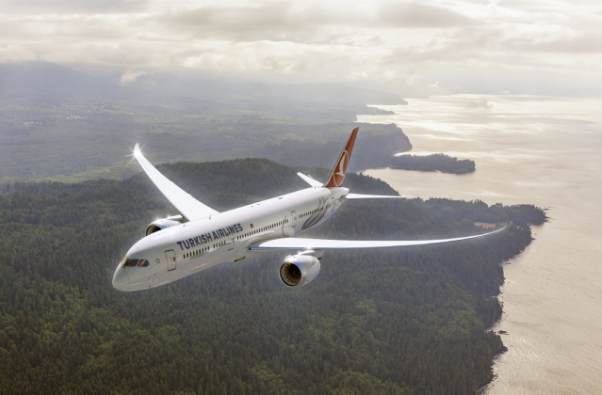Turkish Airlines reported a $2.4bn profit for 2024 from its main operations. The airline’s revenues were up 8.2% to $22.7bn, compared to 2023. The airline also detailed a cash dividend of $260 million for the period.
Passenger revenue rose by 4%, with the low single digit growth being attributed to “intensifying competition”, while cargo revenue grew by 35% compared to 2023.
For the year, EBITDAR totalled $5.7bn with a margin of 25.3%. The airline said this in line with the company’s long-term targets.
Turkish Cargo increased its annual cargo volume by over 20% in the year.
“Turkish Airlines continues to set industry benchmarks with its strong financial performance and strategic growth as showcased by our 2024 results,” said Turkish Airlines chairman of the board and the executive committee Ahmet Bolat. “Despite global challenges, we remain committed to delivering our award-winning service and expanding our global network, while providing long-term value for our investors, employees, and of course our guests.”
The airline’s fleet increased 12% to 492 in 2024 and secured $1.8bn in aircraft financing. Turkish is aiming to have 800 planes by 2033.
Speaking to Airline Economics in London during the launch event of its package holiday product, Turkish Airlines chief commercial officer Ahmet Olmustur said the airline’s talks with Boeing were still ongoing for its upcoming 225 aircraft order, and is still working on pricing negotiations for the engines.
Bolat had told a closed media group at last year’s Farnborough Airshow event in July that its upcoming order for 150 737 MAXs and 75 787s – totalling 225 aircraft from Boeing – had been delayed with engine pricing negotiations proving to be an issue. He had added at the time that the airline was “close” to a deal.
During the year, the airline secured $1.8bn in aircraft financing and became the first carrier to agree a finance deal in Chinese Yuan. It issued a sustainability linked loan for aircraft financing for the first time and was awarded six separate financing accolades by Airline Economics.

